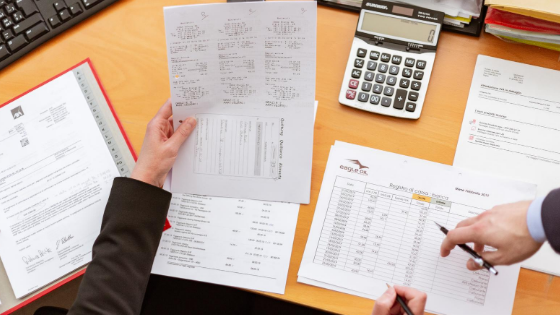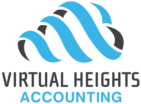So, you’ve started a business—congratulations! You’re probably excited to set up shop and get your product or service out there, but . . . there are a lot of things to think about when you first start a business. It’s easy to jump right in without giving it much thought, but some things are better considered when you’re just getting started.
Here are some of the top questions small business owners ask.
Should I incorporate?
When considering incorporation there are two main types of things to consider. You’ll want to think about the legal side as well as how incorporating can save tax. For the legal aspect, we recommend consulting a lawyer with experience in business law.
For the tax side, the short answer to this question is: it depends. This is because whenever we discuss taxes, we base our answers on the circumstances of the people we are advising. If you are able to leave money in your company, it will be taxed at a lower rate than you would be taxed at if you didn’t incorporate.
Generally, if you are just starting out and you are using all the money you make in your business to pay business expenses and then your personal living expenses, incorporating your business won’t offer any tax savings. Where the savings come in is when you’ve paid all your expenses and you have money left over. In this case, incorporating may be a good fit for you.
Do I need to charge sales taxes?
Charging sales taxes also depends on a number of things. Based on the provinces you are conducting business in, you may need to consider charging GST, PST, and/or HST. In most cases, you don’t need to worry about charging GST until your gross income exceeds $30,000. Once you hit this threshold, you have 30 days to register and start collecting GST.
Provincial sales tax is different from GST in that if you are required to charge PST, you must register from the first day of your business. If you’re unsure whether PST applies to your business, you can check the website for your Provincial Ministry of Finance.
The HST applies in provinces where both provincial and federal sales taxes have been combined into one value added sales tax. In this case, again, you can check the website for your province’s Ministry of Finance to find out if you are required to charge it.
Canadian sales taxes are complicated and we’ve barely scratched the surface here. To learn more about sales taxes in Canada, check out this post or get in touch.
How do I get paid?
This is often a concern when you become your own boss. You will pay yourself from the funds in your business. So, if your business isn’t able to cover its expenses with the cash it’s generating, you won’t get paid.
If you decide not to incorporate, you will take money out of your business as what’s called a “draw.” When you aren’t incorporated, you can’t deduct payments to yourself as wages on your business tax return.
When you’re incorporated, you have two options for paying yourself: wages and dividends. Which is better for your tax situation is going to depend on a number of things, but paying yourself wages through a corporation offers many tax-saving opportunities.
How should I keep track of my business income and expenses?
This is really a matter of personal preference. The main thing is that you actually do keep track of your income and expenses. Choose a method you will use and make sure you update your records often. One of the worst things you can do is ignore your bookkeeping until year end. You need up-to-date information so you can make good business decisions.
We recommend the accounting app Xero which makes bookkeeping quick and painless. Xero has the ability to integrate with other apps so whatever you are looking for in an accounting app, Xero can handle it. This includes things like calculating payroll, managing inventory, and invoicing your customers.
Where Xero really shines is the ability to connect your bank account, downloading your business transactions directly in Xero, saving you the time of manually entering them. Xero is a paid program, and we understand you might be trying to save money when you’re first getting started, so you can also use a synoptic journal or free spreadsheet program to keep track of your income and expenses.

What information do I need to keep for my business taxes?
Everything!
Well, maybe not everything, but if you’re ever in doubt, it’s better to keep something you might be able to deduct rather than throw it out and have it gone forever. In order to calculate your business taxes, your accountant will need a summary of your income and expenses (a financial statement). Some accountants will also ask to see bank statements, invoices, and receipts.
Other information you will need to provide includes:
- Business name and CRA business number,
- Business and personal address,
- Industry (what you do),
- Social Insurance Number, and
- List of any equipment purchased and/or sold.
This is just a starting point. Depending if you work from home or not, you will also need to provide a list of expenses that qualify for the business use of home deduction. If you use your personal vehicle for business travel, you will need to provide information regarding that as well. Most accountants have a checklist they use that lists everything they need, so be sure and check with your accountant.
These are just some of the most common questions small business owners ask when getting started. From establishing your business entity to learning whether or not you need to charge sales taxes and figuring out how to keep track of your income and expenses, there are a lot of decisions to be made.
The good news is, you don’t have to do this alone. Depending on your business, you could have a whole team of advisors working with you. A professional accountant is an important part of that team. Contact us if there’s anything we can do to make things easier for you in your small business venture. We’re here to help!
You can also learn more about Xero here: https://www.xero.com/ca.





